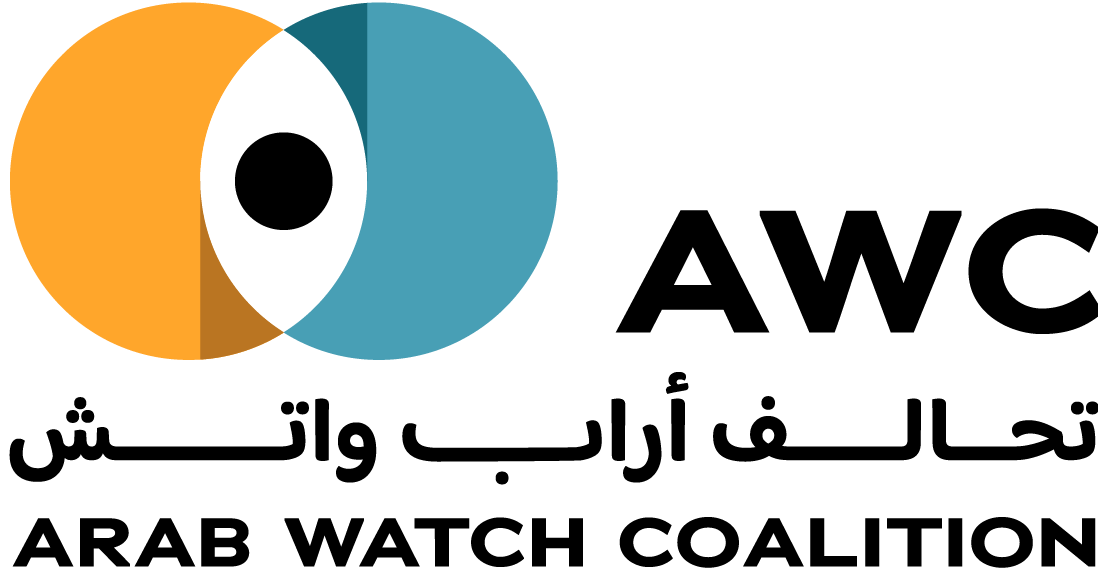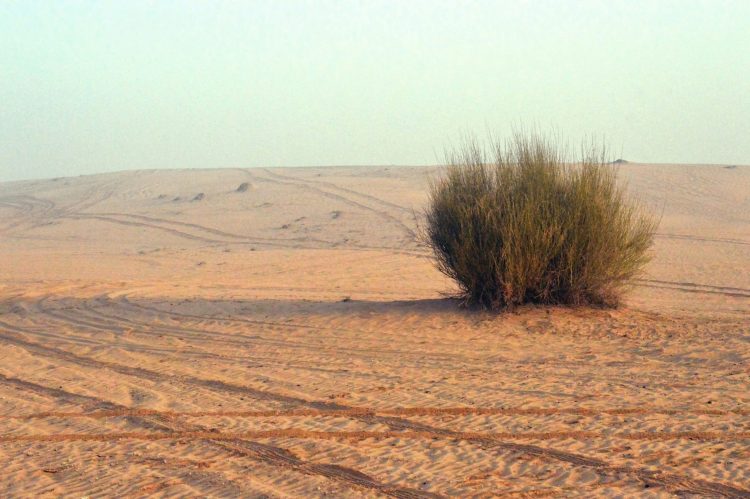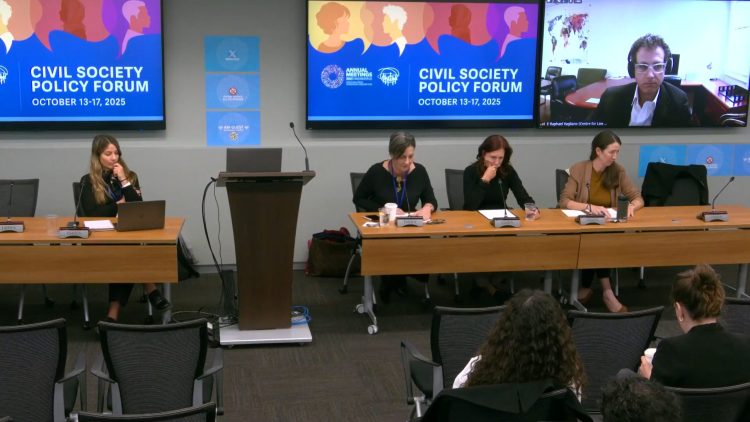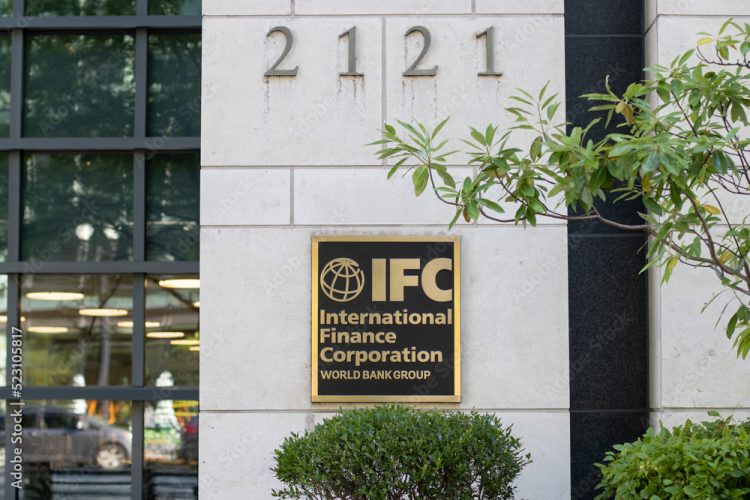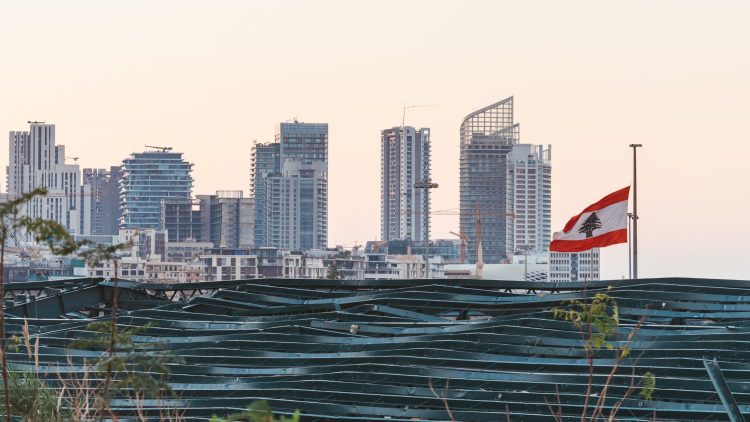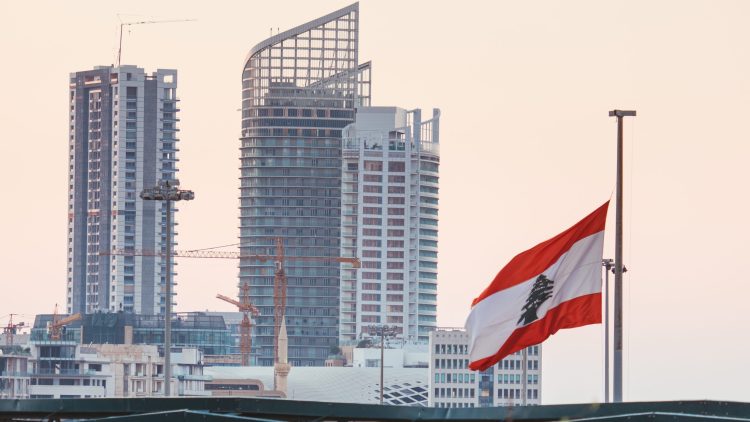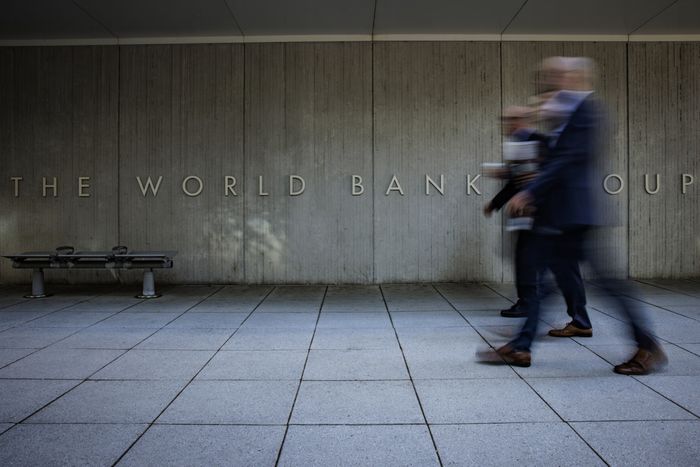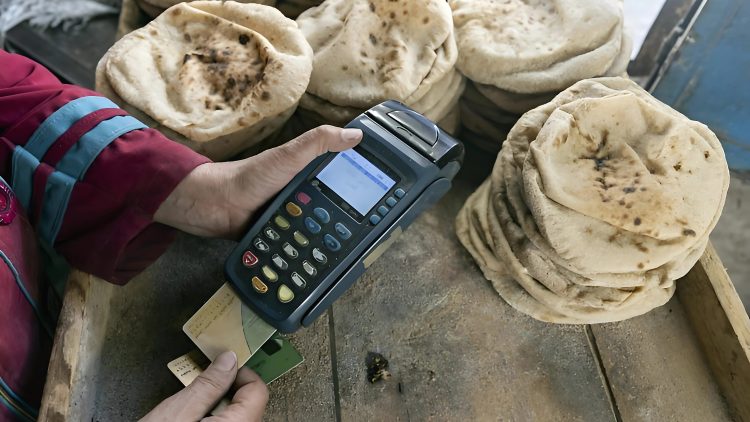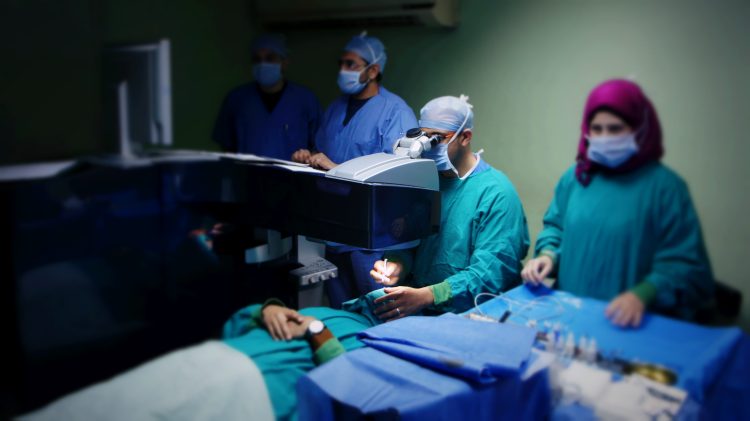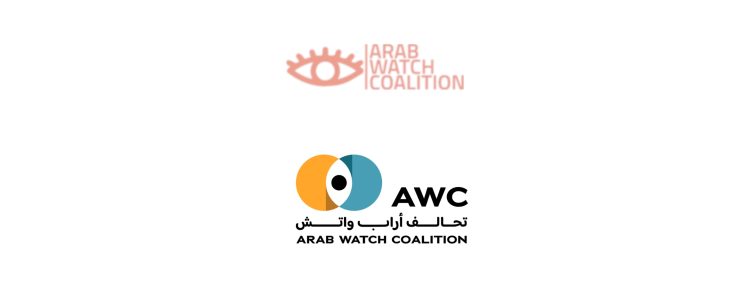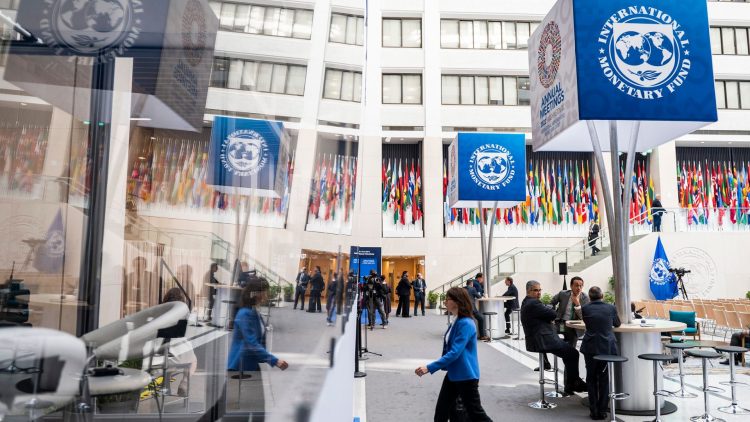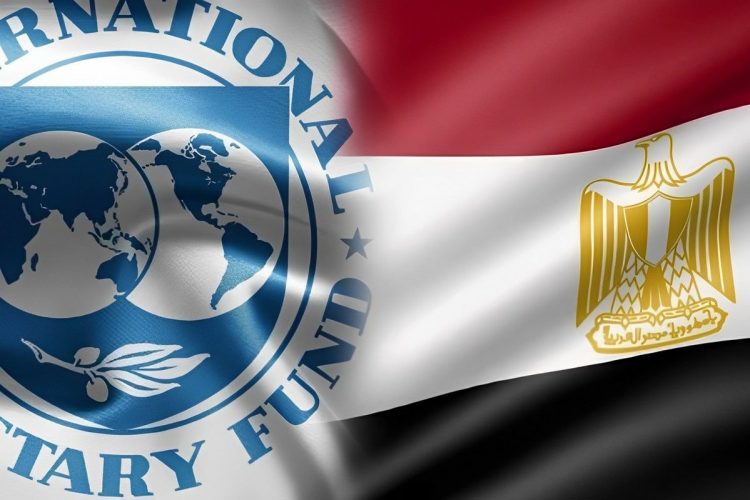IRAQ
Fragmented State, Fragile Economy: Iraq’s Struggle to Rebuild
Iraq is one of the most oil-dependent countries in the world. Despite its oil wealth, Iraq suffers from economic crises due to the unstable political climate, sectarian conflicts, and the absence of the necessary structural reforms to attract investment and diversify sources of income. Despite attempts to rebuild areas liberated from ISIS, these attempts are not having the desired impact due to political and sectarian divisions in the country.
AWC has four members in Iraq and also works with non-member organizations.
AWC monitors the policies and activities of the following International Financial Institutions (IFIs) in Iraq:
International Monetary Fund (IMF)
Iraq became a member of the IMF in 1945. The Iraqi government received its first loan from the IMF in 2004. According to the IMF’s History of Lending Commitments, Iraq had obtained five loans from the IMF.
The last loan that Iraq received from the IMF was approved in 2016, amounting to $5.34 billion over three years. This loan aimed to implement economic and financial policies to help Iraq manage lower oil prices and maintain debt sustainability.
The IMF regularly evaluates the Iraqi economy through the Article IV Consultation, which refers to the IMF’s mandate for economic surveillance under Article IV of its Articles of Agreement.
World Bank Group (WBG)
Iraq joined the WBG in 1945. The World Bank Group develops a Country Partnership Framework (CPF) for each country in which it operates. The CPF outlines the Bank’s strategy for that country over a three to five-year period. The current CPF for Iraq spans from 2021 to 2026.
The World Bank Group has an investment portfolio in Iraq through both the public and private sectors, targeting the capacity building of the service sector, the reconstruction of areas liberated from ISIS, and the establishment of sound governance systems.
Throughout the years, and as of August 2025, the bank invested in 68 projects in the Iraqi public sector, eleven of which are still active, and there are also two additional projects in the pipeline (under preparation) in Iraq.
As of August 2025, the International Finance Corporation (IFC), the private sector investment arm of the World Bank Group, has invested in sixteen projects, five of which are still active, and two are in the preparation phase.
TThe European Bank for Reconstruction and Development (EBRD)
Iraq submitted a request to join the Bank in April 2018 that was approved by the EBRD’s Board of Governors in 2020. This was followed by an amendment to the Agreement Establishing the EBRD allowing the EBRD to expand its operation and invest in Iraq, and granting the country a recipient country status. The Board of Governors approved this amendment in 2023, and the EBRD shareholders accepted the amendment in 2025. As of August 2025, the necessary approvals and processes to activate the amendment are still being finalized. Iraq has expressed interest in receiving funds from the EBRD once this amendment enters into force.
Asian Infrastructure Investment Bank (AIIB)
Iraq’s application to join the Asian Infrastructure Investment Bank (AIIB) was approved by the bank’s Board of Governors in December 2021. It officially became a full member of the AIIB on August 4, 2022.
Although Iraq has expressed interest in using its AIIB membership to secure funding for infrastructure projects, as of August 2025, no practical step has been taken towards this aim.
